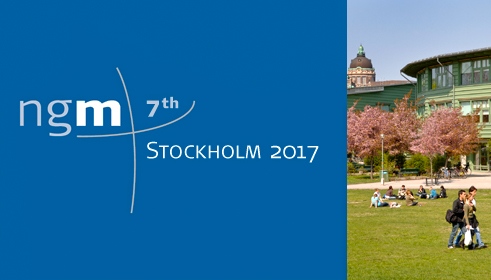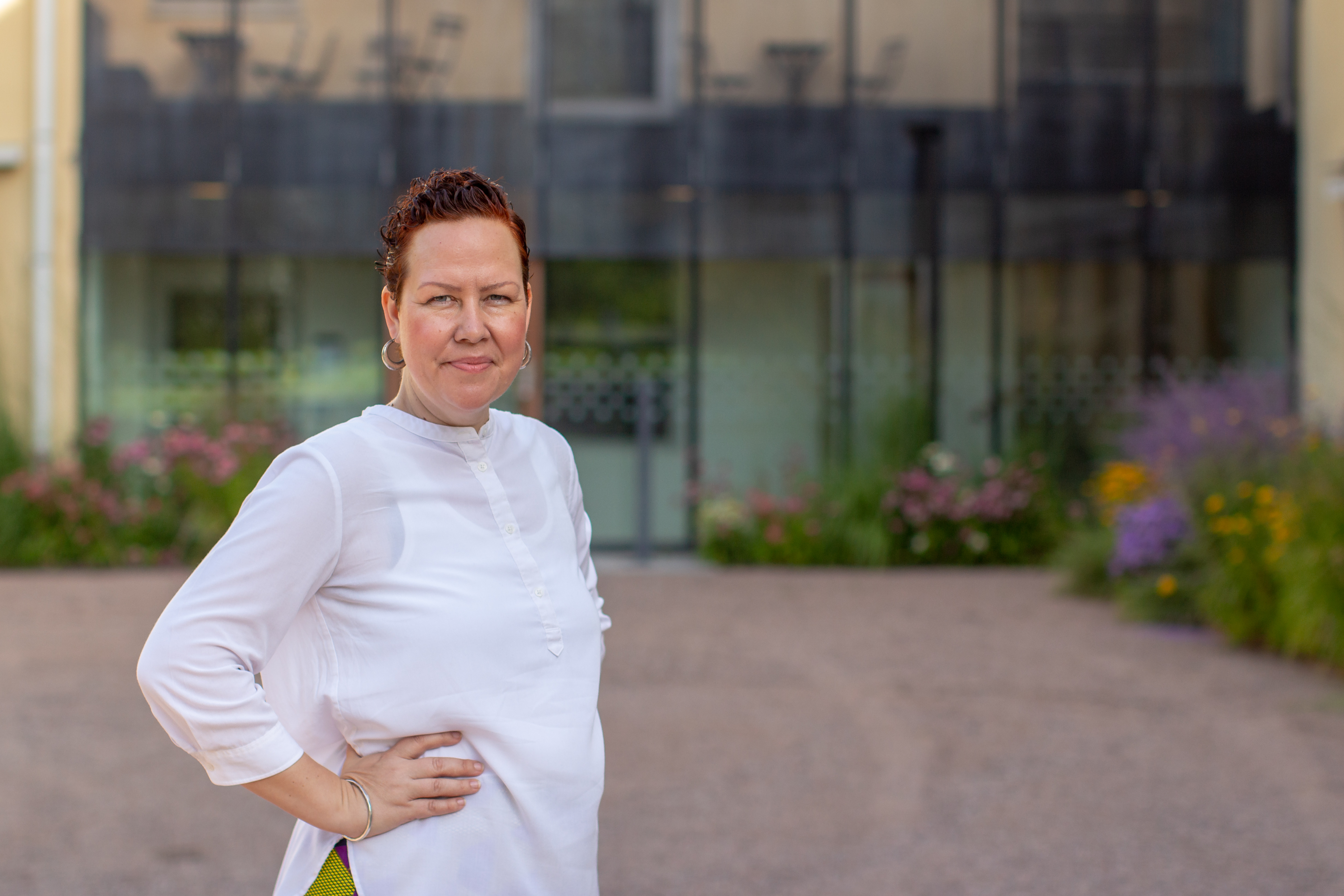I am one of the 100 most followed scientists in Sweden on Twitter and LinkedIn in 2022, just below public scholars Agnes Wold and Robert Egnell. I came in on a sweet 23 spot!

What is this index?
The Scientists on Social Media rating was developed by journalist and social media specialist Mike Young. It is called the #TwiLiIndex (pronounced “twiligh index”).
I was not the only one from my institution. No from KTH Royal Institute of Technology the colleagues on the index (their ratings in brackets) were Tigran Haas (20), Ricardo Vinuesa (25), Eva Hartell (56), Lucie Delemotte (68), and Cecilia Hermansson (86). I am organizing a learning lunch for us to meet in person and am looking forward to hearing about my colleagues’ best practises, strategies and ideas.
Online presence for scholars
There is an ongoing debate within the research community if social media presence is important as a way of disseminating knowledge. If so, it should be included in our job description. The other side sees social media engagement as unimportant “fluff”. Perhaps it is only for researchers who have nothing better to do. There is also the aspect what having a “personal brand” does with us as researchers. Not to speak of our place in the world as observers. Are we just helping publishers and employers make more money in a world where fixed employment has become elusive and rare? Is an argument for instance discussed here by Johanna Arnesson (Swe).
Of course, I feel it is very important to have a presence online, as it is a way to reach out with research findings, but also provide perspectives from my corner on current events or debates. However increasingly I feel conflicted that we publicly funded scholars engage on platforms owned by for-profit entities, far from the public, democratic agoras we were hoping for when I started my engagement online with first this blog, an account on Facebook and then organization for bloggers some 15 years ago.
Here I’d like to be a bit critical of my researcher colleagues. This hot debate makes some academics comfortably hide and not use the available tools to communicate with the world outside academia. Thus the fact that I am on this list with moderate effort means many of my researcher colleagues are not. Or if they are they are not maximizing their presence, for instance by sharing only in Swedish and thus followed mostly in Sweden which is a small market.
Whats next?
Next month, I am meeting with KTH colleagues to discuss best practises on social media.
After a three year period of slowing down my use of social media, I have started to again tweet (mostly live-tweet from interesting events in English) and blog. I am also increasing postings on LinkedIn especially on career related issues.
Slowly, slowly, and this is the first time I say so publicly, I am starting a communications agency with a focus on the academic sector. Reach out if you want my help!

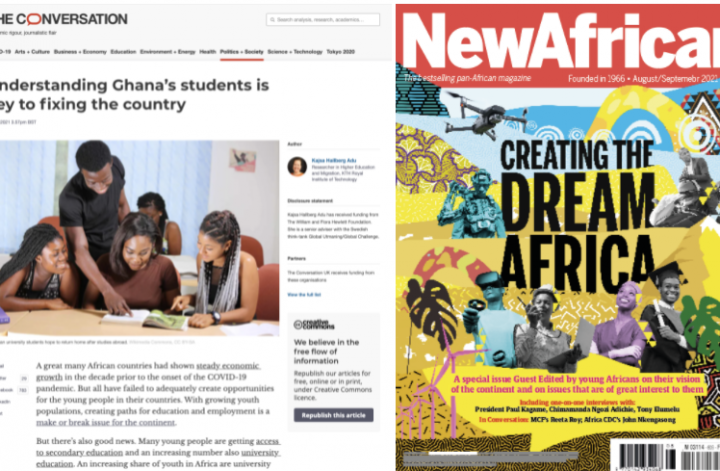


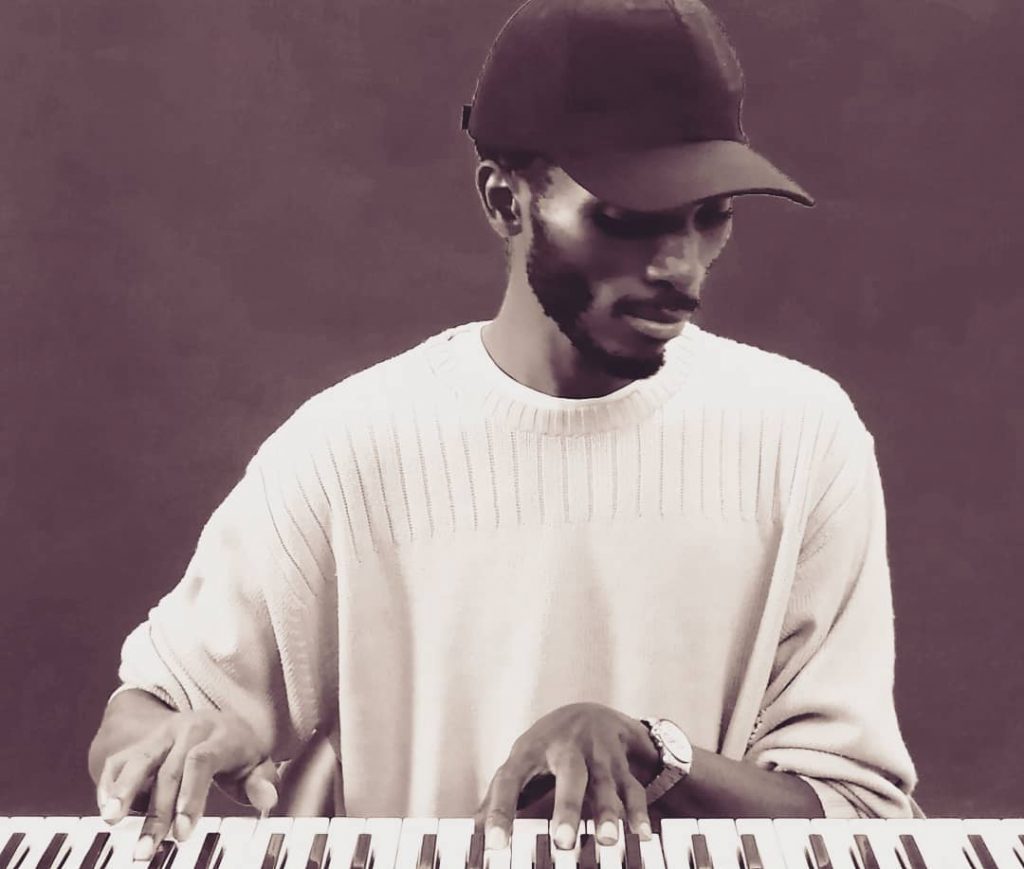

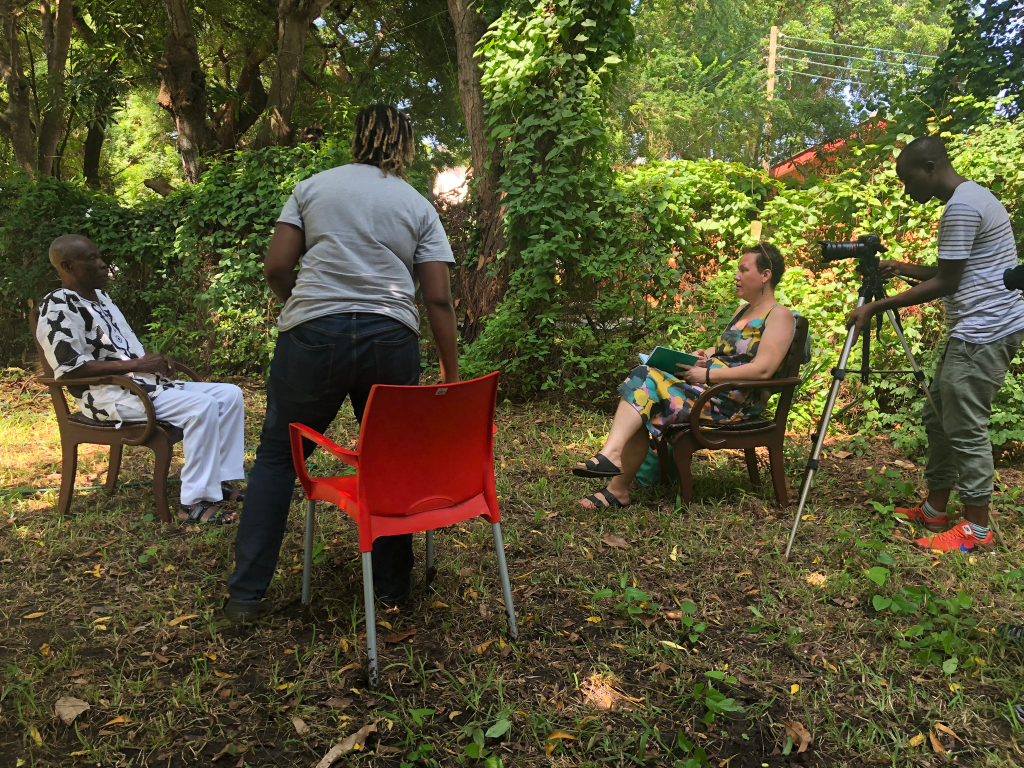
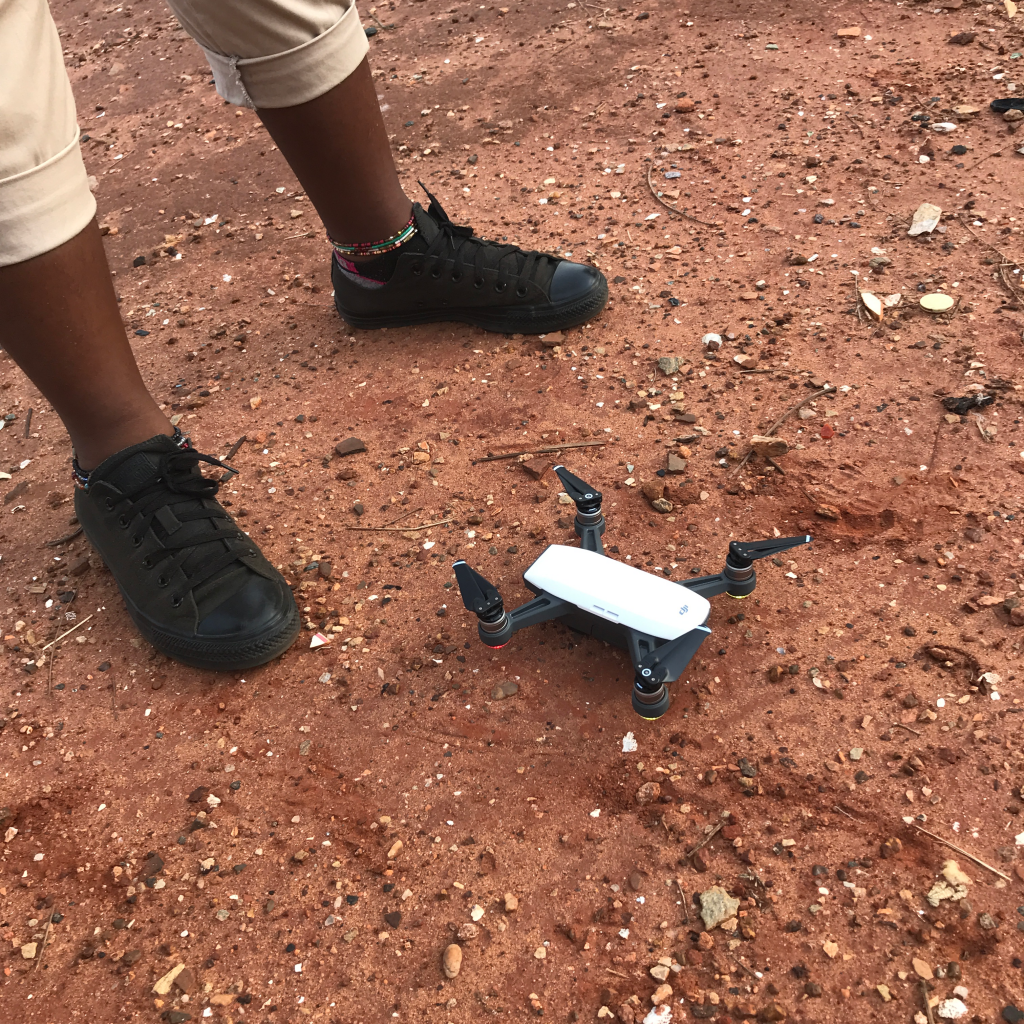
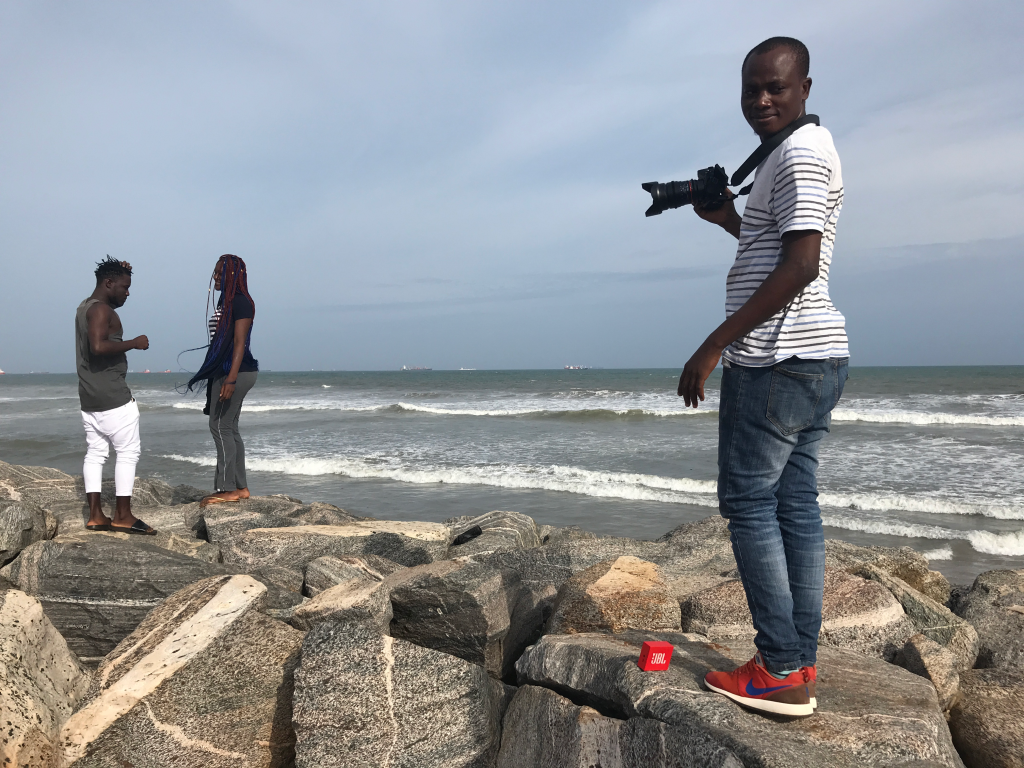
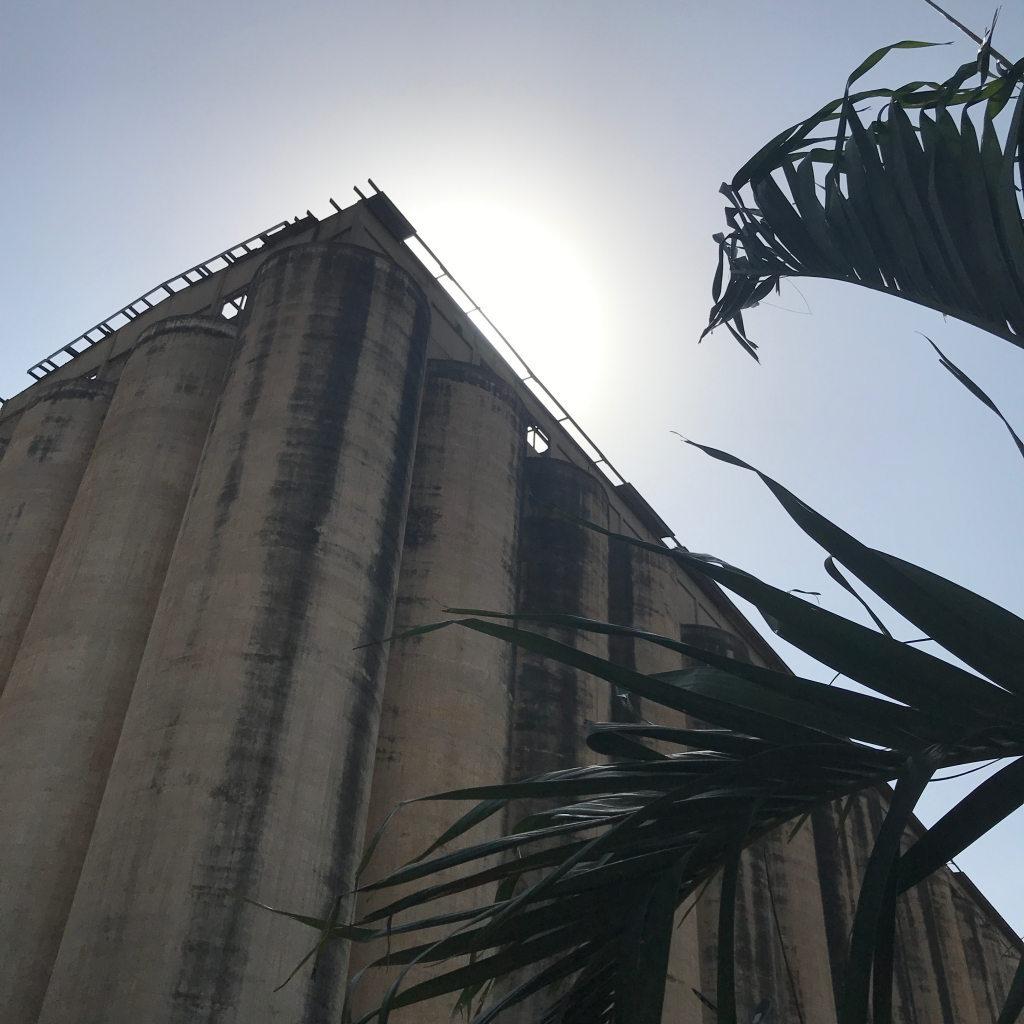
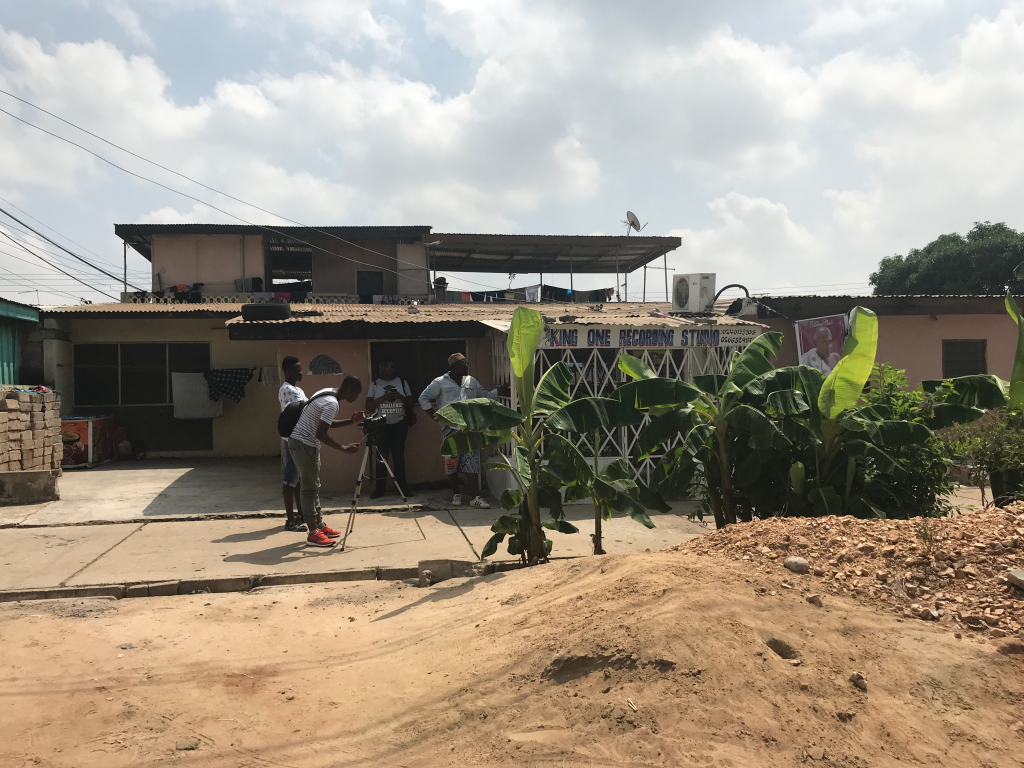
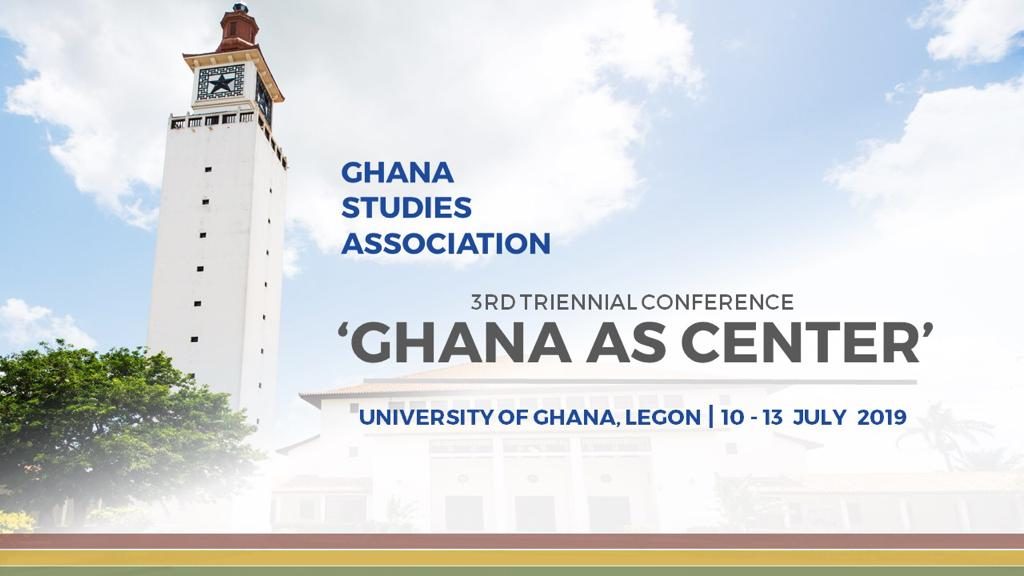
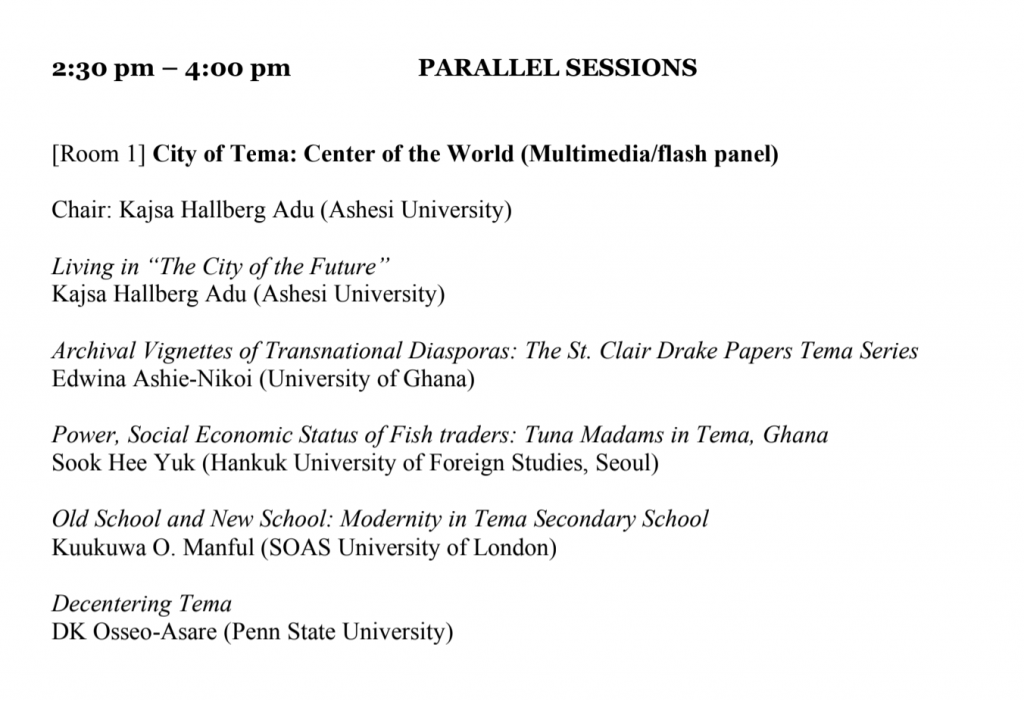
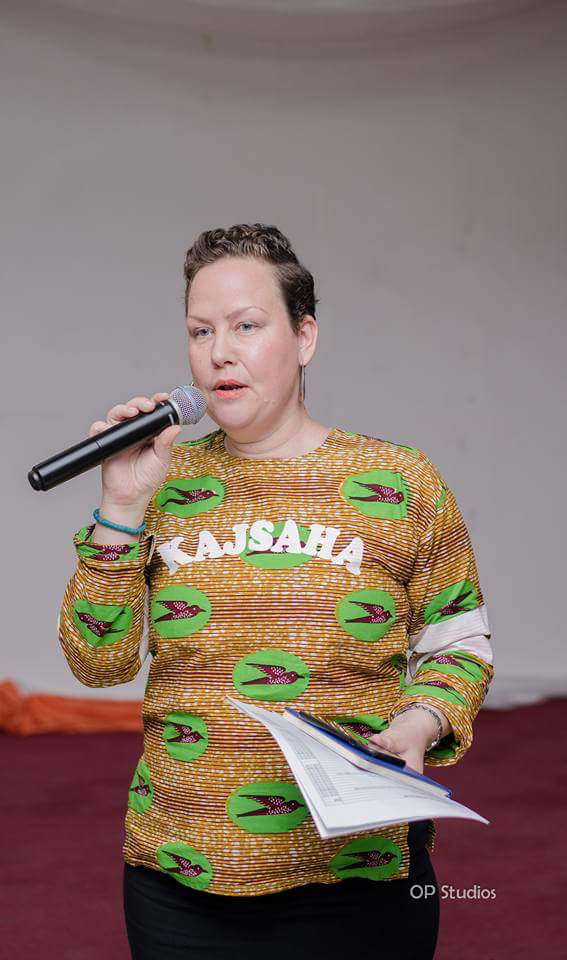
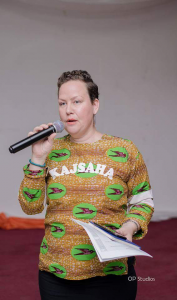
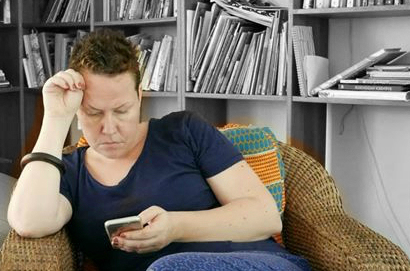
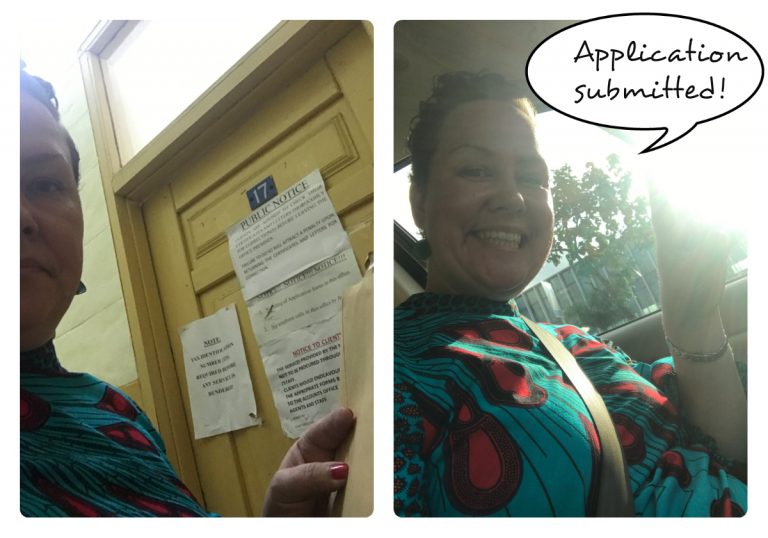
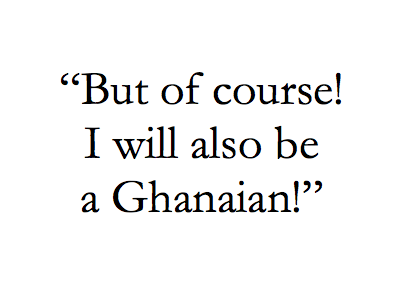
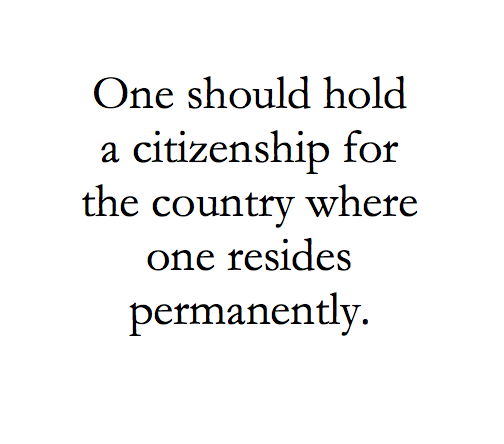
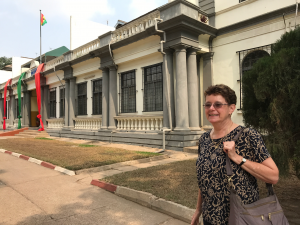
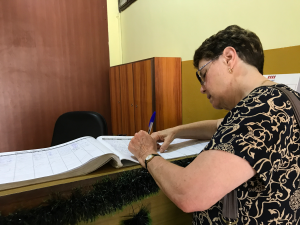
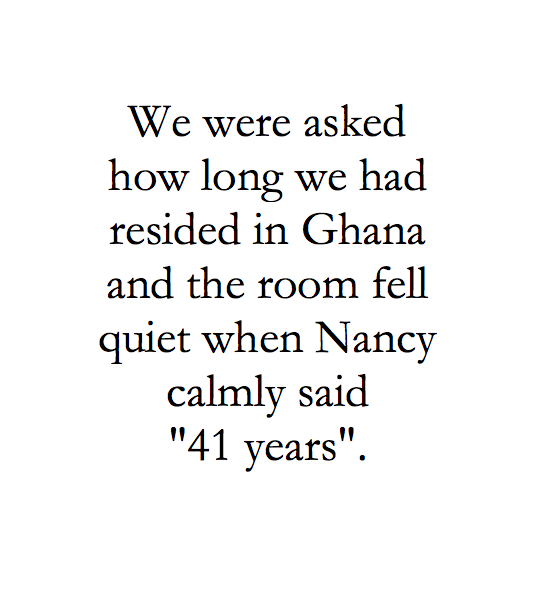
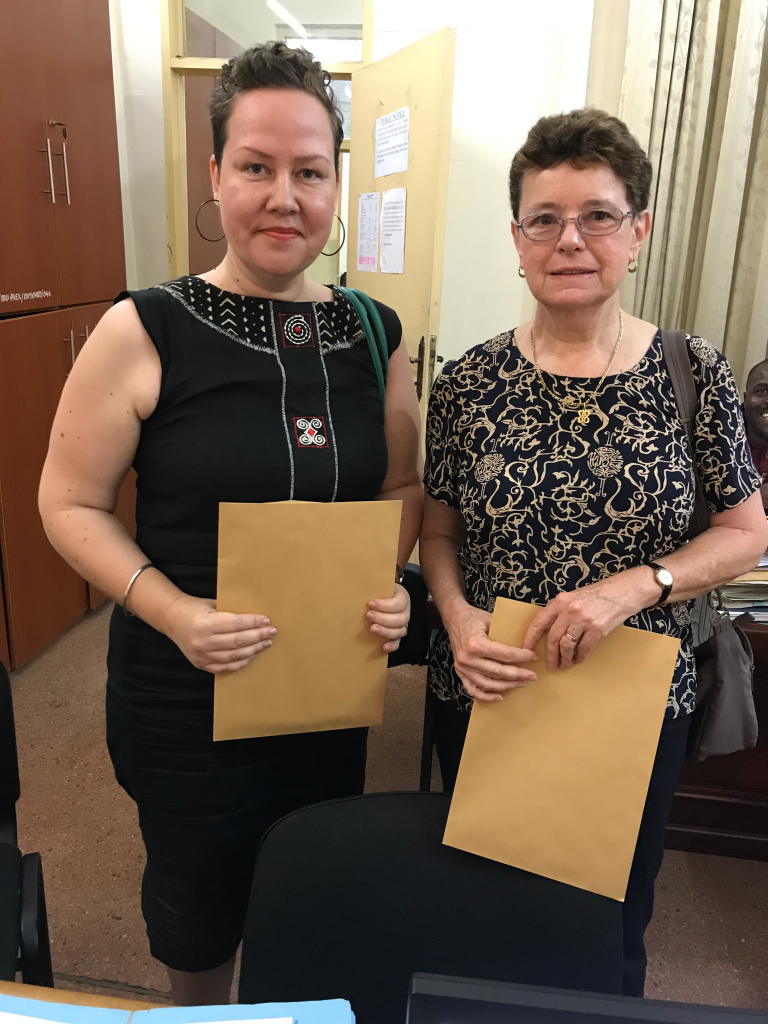
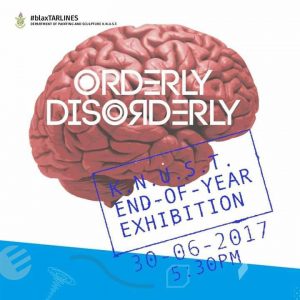 The Orderly/Disorderly Art Show curated by
The Orderly/Disorderly Art Show curated by  Sometimes I despair: the problems are too many, the poverty too jarring, the madness to intense,
Sometimes I despair: the problems are too many, the poverty too jarring, the madness to intense, 